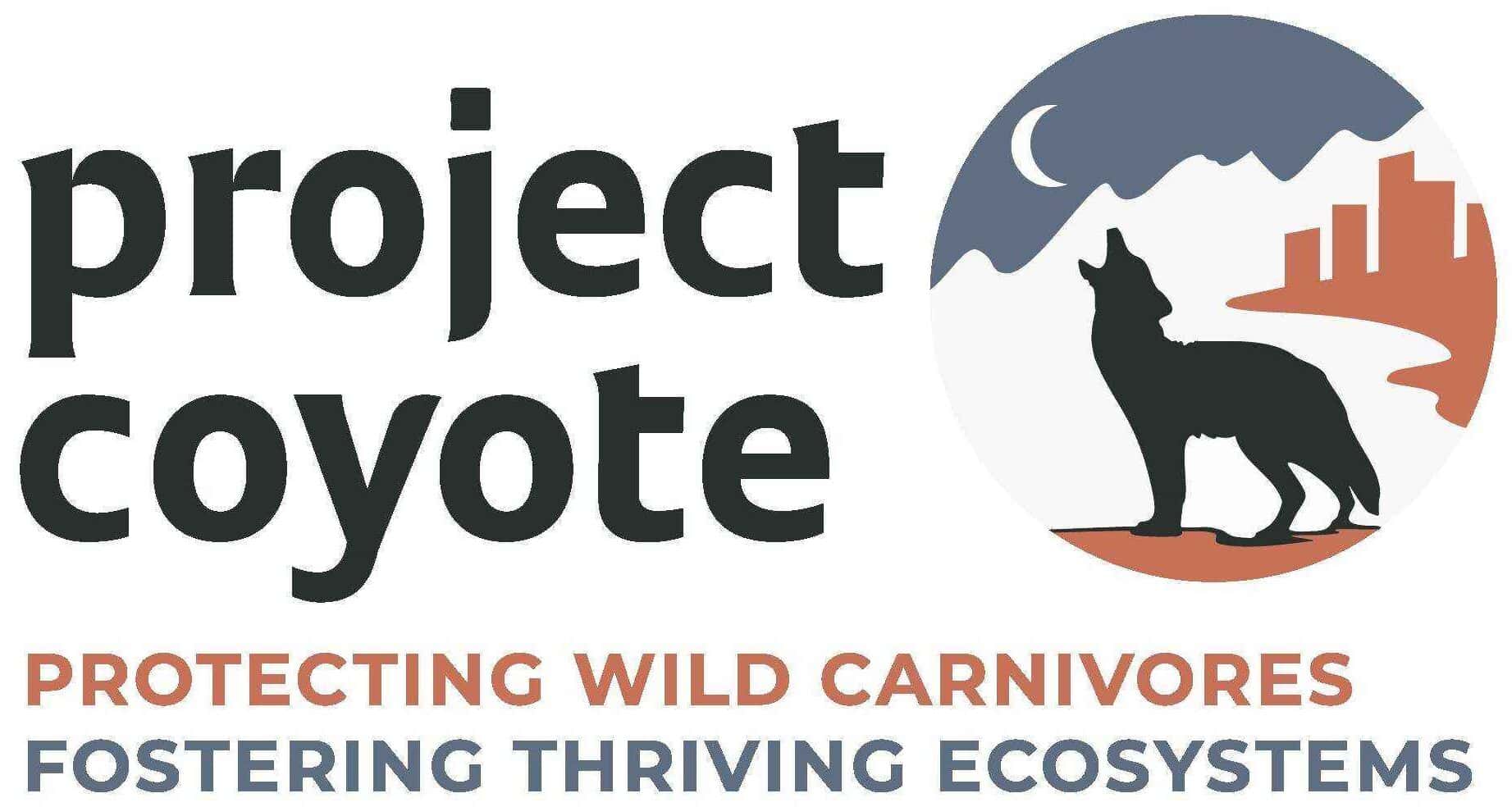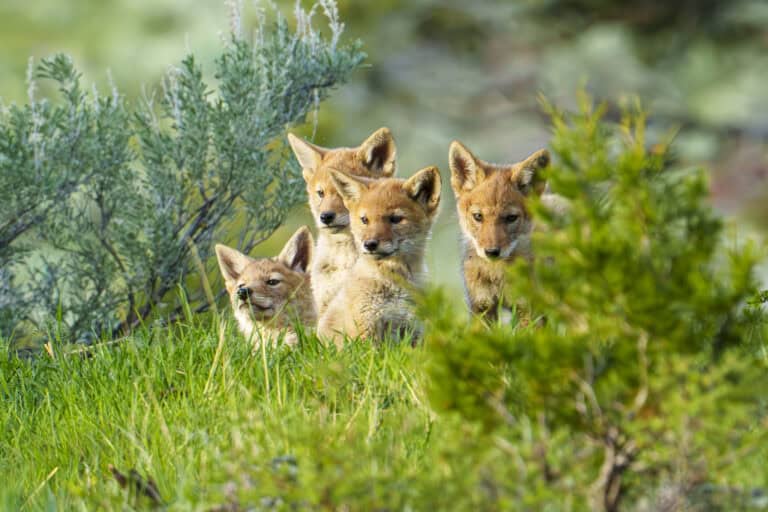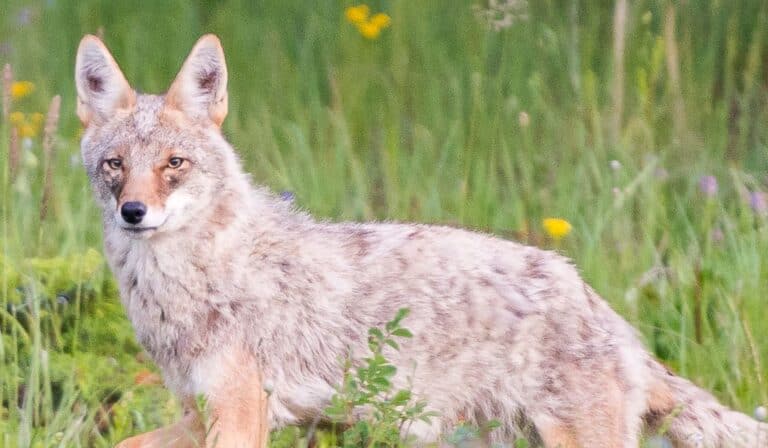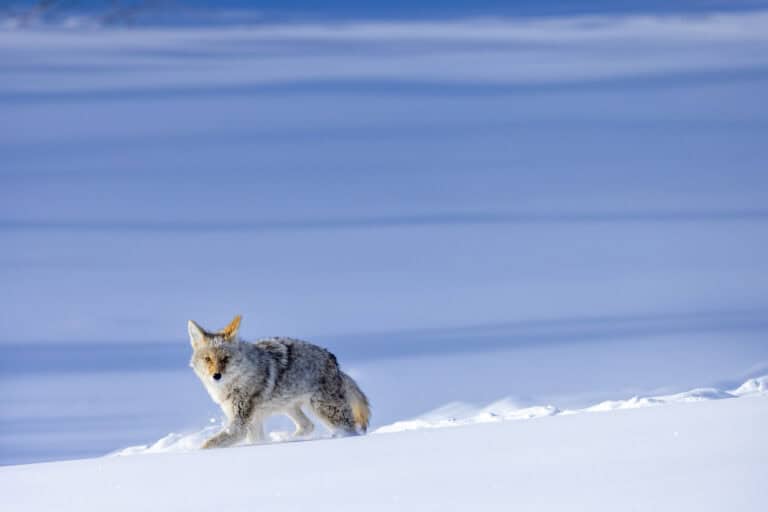For Immediate Release, February 5, 2018
Flawed Fee Analysis Diverts Fur-trapping Costs to California Taxpayers
Hundreds of Thousands of Dollars in Expenses Left Out of State Study
SACRAMENTO, Calif.— Hundreds of thousands of dollars a year in expenses were omitted from the California Department of Fish and Wildlife’s recent estimate of the cost of running the state’s commercial animal-trapping program, according to a new review of the department’s economic analysis by two conservation groups.
In a comment letter slamming the analysis, the Center for Biological Diversity and Project Coyote note that it totally omits all enforcement costs, including game warden salaries. Previous analyses have included such enforcement costs, which totaled $161,000 a year for the trapping of just one species — the bobcat.
Thousands of coyotes, foxes, badgers and other fur-bearing animals are trapped each year in California so their pelts can be sold overseas. As much as a half a million dollars in taxpayer money since 2013 has been diverted to subsidize commercial fur trapping in California because trapping fees are so low.
“The department’s deeply deceptive analysis defies common sense and wrongly diverts commercial trapping’s costs onto the California taxpayer,” said attorney Jean Su, the Center’s associate conservation director. “It’s shocking that wildlife officials keep trying to prop up the trapping industry, a cruel vestige of the past that most Californians today don’t support. We don’t want public money subsidizing the slaughter of our wildlife.”
The new analysis is meant to guide the Fish and Game Commission’s decision about raising trapping license fees to end this illegal subsidization. But if regulators rely on the flawed estimate, license prices would not change. The new study contradicts the department’s own prior analysis of trapping program costs, with current estimates slashed to at least one-third of previous cost estimates.
In 2017 the Center and Project Coyote sued the California Fish and Game Commission and Department of Fish and Wildlife for improperly managing and subsidizing the State’s trapping program. That case continues in court.
“The illegal subsidization of the state’s commercial trapping program violates not just the letter of the law, but the will of the California people,” said Camilla Fox, executive director of Project Coyote. “It’s wrong that a handful of trappers slaughter our wildlife for private profit while the state foots the bill. These animals are far more valuable as essential species in California’s web of life than as skinned pelts shipped to Russia and China.”
In 2015 conservationists celebrated the Fish and Game Commission’s decision to ban the commercial trapping of bobcats, whose pelts are some of the most lucrative on the international fur market. But more than a dozen other furbearing animals still experience cruel trapping under the state’s mismanaged trapping program. To ensure undamaged pelts, trappers often kill animals through strangulation, gassing and anal electrocution.
If the illegal subsidy of trapping licenses is eliminated, trapping license fees would have to be set at a level that few, if any, trappers would likely be willing to pay, resulting in a de facto end to commercial fur trapping in California.
The department’s cost estimates were forwarded to the Fish and Game Commission last week by department director Charlton H. Bonham. The commission will consider whether to raise trapping fees to come into compliance with the law at its meeting in Sacramento on Feb. 8.
“This analysis is as accurate as Trump’s claim that his inauguration was the biggest in history,” said Su. “The department’s trapping cost analysis is so obviously incomplete that it can only stem from gross incompetence or willful disregard of the law. Either explanation calls into question the fitness of the department’s current leadership.”
Recognizing the ecological importance of carnivores, the Center and Project Coyote use science-based advocacy to defend these magnificent animals from persecution, exploitation and extinction. Find out more about the Center’s Carnivore Conservation campaign here and about Project Coyote’s Predator Protection Programs here.
The Center for Biological Diversity is a national, nonprofit conservation organization with more than 1.6 million members and online activists dedicated to the protection of endangered species and wild places.
Project Coyote, a national nonprofit organization headquartered in Northern California, is a North American coalition of wildlife educators, scientists, ranchers, and community leaders promoting coexistence between people and wildlife, and compassionate conservation through education, science and advocacy. For more information, visit ProjectCoyote.org






